You Don't Have to be Loud: A Quiet Kid's Guide to Being Heard
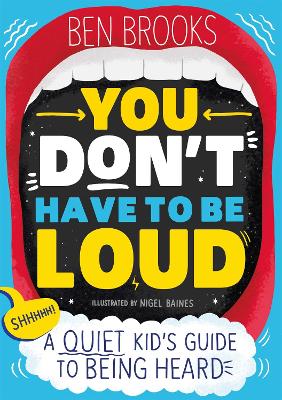
By Author / Illustrator
Ben Brooks
Genre
Mental Health & Wellbeing
Age range(s)
9+
Publisher
Hachette Children's Group
ISBN
9781526362872
Format
Paperback / softback
Published
28-04-2022
Synopsis
A shy kid's guide to thriving in their own (quiet) way.... Do you sometimes feel afraid of talking in front of people, making a mistake or saying the wrong thing? While everywhere else you look there are loud, confident people? You're not alone. Ben Brooks also grew up as a shy child (so much so that he'd rather have cut his own hair or spend a week at a Silent Retreat then have to speak to other people). But he soon realised that being quiet doesn't make you strange or wrong or boring. In fact, being shy can give you great skills such as listening, kindness and compassion. It's something to embrace and be proud of.
In this book, Ben introduces readers to some of the most famous, talented and brilliant shy people - including Charles Darwin, David Bowie, Greta Thunberg, Rosa Parks, Beyonce and Emma Watson - who used their special quietness to achieve awesome things, and he shares his tips for growing up shy in a world that can sometimes feel, well, LOUD. Because you don't have to be loud to be liked, and you definitely don't have to be loud to make an impact.
Reviews
Louisa
The information sections ranged widely from David Bowie's shyness to a potted history of Christian hermits; from Joe Biden's childhood stutter to forest bathing in Japan. Out of context, this sounds a little random but there is an internal logic within the book. In our extrovert world, I think it is helpful for children to be aware of long traditions of silence, meditation and the desire to be alone. For those who, like me, find being with others tiring, it is reassuring to hear that it's quite normal to want to be by yourself some of the time.
I did, however, have serious misgivings about other parts of the book. Context is everything and every young person is different; one person's experience cannot always be used as the template for helping another. General guidance can be open to misinterpretation. Some of the advice is no doubt given in good faith but the superficiality of it seemed worryingly naive to me.
Urging children to find like-minded people on the internet because you can't find them in real life needs way more explanation and safeguards than a double page spread exhorting the reader to be careful with the internet. Similarly, encouraging children not to care what other people think needs qualifications. Of course, it's not helpful to waste time worrying about what others think about your taste in clothes or music. But is it fine not to care what other people think about the way you treat other people?
Suggested Reading Age 9+
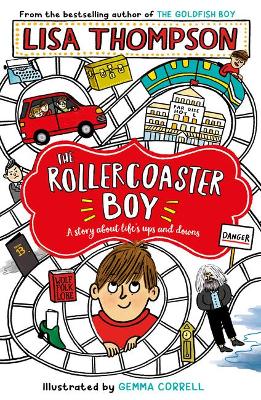 The Rollercoaster Boy
The Rollercoaster Boy
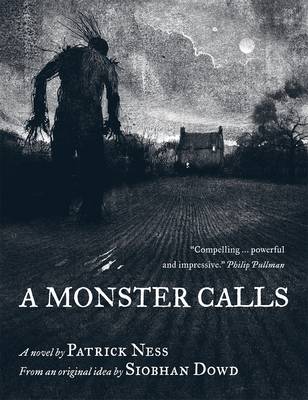 A Monster Calls
A Monster Calls
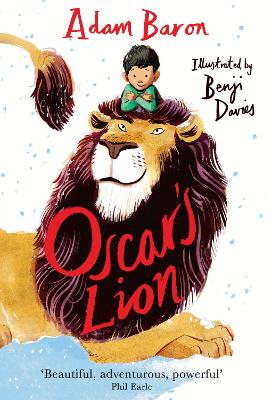 Oscar's Lion
Oscar's Lion
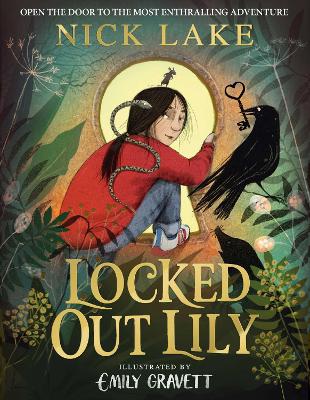 Locked Out Lily
Locked Out Lily
